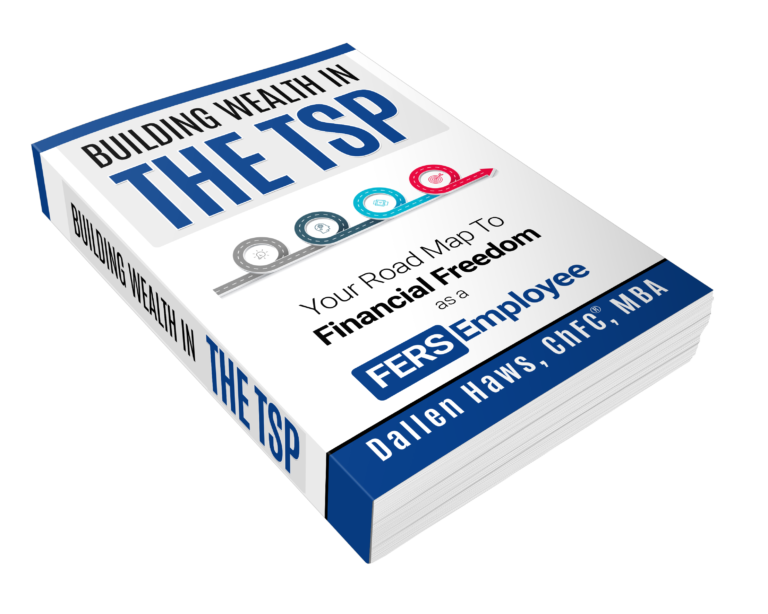FEHB (your federal health insurance) is one of the most valuable and rare benefits that you have as a federal employee.
And as long as you are eligible, you and your spouse can enjoy this benefit beyond your career and for the rest of your life.
But there are some changes that happen in retirement that you need to know about.
How to Keep FEHB into Retirement
The first thing to know is that not everyone can keep FEHB into retirement. You have to meet both of these criteria:
-You have to retire from service with an immediate retirement
-You have to be covered under FEHB for the 5 years before you retire
You can learn more about keeping FEHB into retirement here.
Can Your Spouse Keep FEHB if You Die?
While you are alive your spouse can stay on your FEHB no matter what.
But if you want them to be able to keep FEHB after you (the federal employee spouse) die then you’ll need to elect a survivor benefit at retirement.
A survivor benefit does two things. It gives them a piece of your pension and access to your FEHB if you die first.
But survivor benefits are not cheap to provide.
You can find the different options for survivor benefits here.
Does the Price of FEHB Increase in Retirement?
For most federal employees the FEHB premiums do not change just because you retire.
The only time it would increase is if you worked for an agency (i.e. USPS) that pitched in a little extra while you were working as you would start paying the same price as other federal employees once you retire.
But most federal retirees have access to the same plans and premiums that active employees do.
However, the cost for retirees does go up because of the loss of a big tax benefit which I’ll discuss below.
Note: Most FEHB plans increase their premiums every year for inflation and changes to their plan. Retirees will be subject to these price increases just as active federal employees are.
Monthly, Not Bi-Weekly
The first and simplest change is that you will no longer pay for your FEHB every two weeks like you do during your career. You will pay for it once a month straight from your pension check.
After-Tax Money
As I stated above, while the price for FEHB does not technically change once you retire (outside of annual inflation increases) the way you pay for it does change.
While you are working you are able to pay for FEHB with pre-tax dollars but this benefit goes away once you retire.
Here’s a simple example to show how this works.
Let’s say you make $50,000 per year and you pay about $3,000 in health insurance premiums (about $115/pay period).
While you are working the $3,000 is deducted from your taxable wages so it was as if you only made $47,000 for tax purposes.
But once you are retired, even though your premiums are deducted from your pension, it doesn’t decrease your taxable income.
So even though your premiums won’t increase when you retire, your taxes will (assuming your taxable income is about the same).
To get an idea of what this will cost you, just multiply your annual cost for health insurance premiums by your marginal tax rate.
For example, if you spend $3,000/year in premiums and your marginal tax rate is 15% then it will cost you $450 extra in taxes in retirement.
Medicare Plans
And while Medicare is often not mandatory for federal employees, you are probably going to want to have Medicare to some degree in retirement.
You can learn more about Medicare for federal employees here.
Can I Still Change FEHB Plans in Retirement?
Yes! You will still be able to change plans during open season in retirement as you did while you were working.
Don’t Cancel Your Coverage!
There are some cases (i.e. Tricare, Spouse’s health insurance, etc.) that some people don’t need their FEHB, at least for a time, in retirement.
In these cases, you can either suspend or cancel your FEHB coverage. And while these two options sound similar, in almost all cases, you are going to want to suspend your coverage and not cancel it.
Because if you suspend your coverage you can re-enroll later but once you cancel FEHB, you are out of the program forever.
Final Thoughts
Despite some changes to FEHB when you retire, FEHB is still a great benefit.
It ensures you have access to great health insurance plans for the rest of your life with flexibility to change plans every year if needed.


